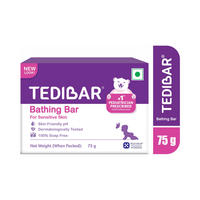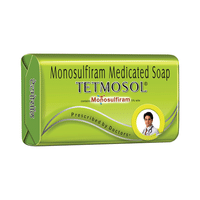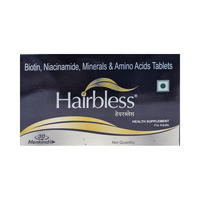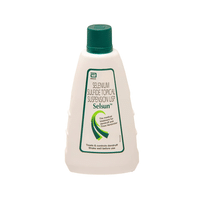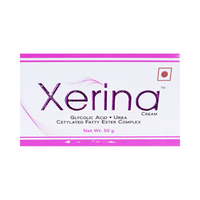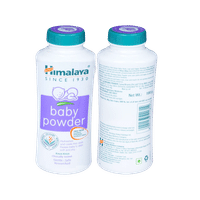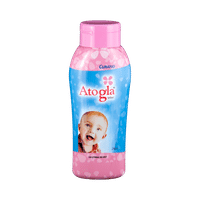Cano 500mg Vaginal Pessary
Rs.5.30for 1 packet(s) (1 Pessaries each)
food interaction for Cano Pessaries
alcohol interaction for Cano Pessaries
pregnancy interaction for Cano Pessaries
lactation interaction for Cano Pessaries
food
alcohol
pregnancy
lactation
No interaction found/established
No interaction found/established
Cano 500mg Vaginal Pessary is generally considered safe to use during pregnancy. Animal studies have shown low or no adverse effects to the developing baby; however, there are limited human studies.
SAFE IF PRESCRIBED
Cano 500mg Vaginal Pessary is safe to use during breastfeeding. Human studies suggest that the drug does not pass into the breastmilk in a significant amount and is not harmful to the baby.
SAFE IF PRESCRIBED
SALT INFORMATION FOR Cano 500mg Pessaries
Clotrimazole(500mg)
Cano pessaries uses
{med_name} is used in the treatment of fungal infections of vagina and fungal infections.
How cano pessaries works
Cano 500mg Vaginal Pessary is an antifungal medication that treats vaginal infections. It works by killing the fungi inside the vaginal tract by destroying their cell membrane. This reduces the burning, itching, and discharge that may occur with these infections.
Common side effects of cano pessaries
Irritation, Vaginal burning sensation, Blisters, Skin peeling, Swelling, Application site irritation
SUBSTITUTES FOR Cano Pessaries
No substitutes foundExpert advice FOR Cano Pessaries
- Clotrimazole is used to treat vaginal fungal infections.
- Wash your hands before and after using Clotrimazole.
- It is advisable not to use this product if you are on your period. Start the treatment once your period has finished.
- You may feel better after 2-3 days of treatment. If your symptoms do not improve or get worse, call your doctor.
- It is better to avoid intercourse or use other vaginal products (such as tampons, spermicides) during your treatment.
- Clotrimazole may make condoms and diaphragms less effective at preventing pregnancy or sexually transmitted diseases. Talk to your doctor about other forms of protection/birth control.
- Tell your doctor if you are pregnant, plan to become pregnant, or are breastfeeding.
- Inform your doctor if you have a previous history of sexually transmitted disease.
- Few tips to prevent infection:
- Keep your feet clean and dry, particularly between the toes.
- Cut your nails short and prefer open-toe shoes for everyday use.
- Keep your vagina clean and dry.
- Use a separate clean towel for the infected area.
- Take a shower with antifungal soap after gyming or severe sweating.
- Never share your socks, shoes, and towel with others.
- Apply a sufficient amount to cover the affected area and 1 inch of the immediate surrounding skin.
- Avoid getting it in the eyes, nose, or mouth. If accidental exposure occurs, rinse immediately with plenty of water.
- Inform your doctor if the infection does not clear up even after four weeks of treatment.
- If used topically on the nipple area, wash breasts before feeding your child.
Frequently asked questions FOR Cano 500mg Pessaries
Clotrimazole
Q. Is Cano 500mg Vaginal Pessary used for treating vaginal infection?
Yes, Cano 500mg Vaginal Pessary is used around the vaginal area to reduce symptoms such as burning, itching, redness, and excessive discharge from the vagina that may occur due to a vaginal yeast infection. It works by stopping the growth of yeast (fungus) that causes the infection.
Q. What is the best time to apply Cano 500mg Vaginal Pessary?
You should use it in the dose and duration as advised by your doctor. It is best to use it at night time for better results.
Q. What precautions are necessary while using Cano 500mg Vaginal Pessary?
Do not start treatment with Cano 500mg Vaginal Pessary during your periods as the medicine will be washed off with blood flow. In such a case, consult your doctor who can prescribe you oral antifungals. Also, do not use tampons, spermicide or other vaginal products while using Cano 500mg Vaginal Pessary.













